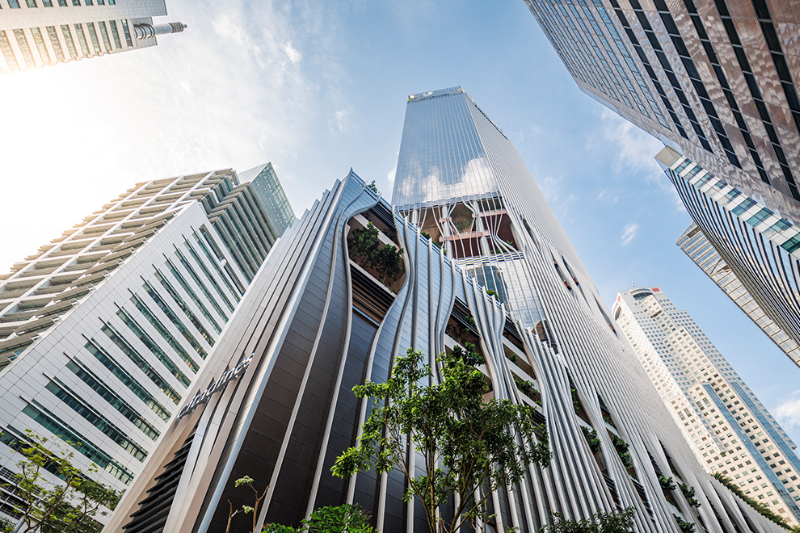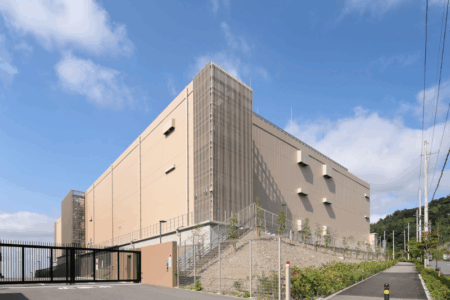The cost of living crisis and relentless inflation have taken a hold of many Singaporeans and their daily mindset.
In fact, consumer prices stated by Singapore’s Department of Statistics increased by 2.4% in 2024.
In this environment, dividends feel like a welcomed relief, as they are a steady source of income to help relieve the pressure on household spending.
But the main question is, can dividends absolutely, and on their own, beat inflation with time?
To answer this, we look at four dividend stalwarts on the Singapore Exchange: CapitaLand Integrated Commercial Trust (SGX: C38U), DBS Group (SGX: D05), OCBC (SGX: O39) and Parkway Life REIT (SGX: C2PU).
Dividends are Important in an Inflationary Climate
With rising prices, each grocery trip feels like it’s more expensive than the last.
Dividends provide a good source of cash flow which will allow the investor to cover their increased cost of living and provide a cushion in times of instability.
So it is really no surprise that blue chip stocks and REITs have been quite popular in Singapore, as their yield has generally remained above inflation.
But no dividend is safe forever.
Dividend streams rely on the companies’ ability to make profits and maintain cash flow for an extended period.
Receiving a dividend looks great on paper; but yields can dissipate quickly.
This is why it is so crucial for the astute investor to look deeper than the headlines themselves to determine if the corporate yield is sustainable.
The true test of dividends is how any of the three types of dividend plays performed in an expanded inflationary environment, as we will explore below.
CapitaLand Integrated Commercial Trust: Property Resilience
As the largest REIT for retail and office in Singapore, CapitaLand Integrated Commercial Trust (CICT) has fared well.
In the first half of 2025 (1H2025), its distribution per unit rose 3.5% year-over-year to S$0.562, with portfolio occupancy a healthy 96.3%.
Both its retail and office segments achieved positive rental reversions.
Today, the trust has a yield of 4.7% based on its share price of S$2.35.
The REIT’s retail properties, including Plaza Singapura and Tampines Mall, as well as Grade A office buildings in the CBD provides stable rental income.
With previously announced redevelopment plans to enhance Lot One and Tampines Mall, prospective long-term growth will be well-supported.
On the downside, if interest rates raise, financing costs will increase and create challenges for acquisitions, and the growth of e-commerce may have a long-term effect on physical retail.
DBS Group: A Beneficiary of Higher Rates
DBS Group has benefitted from elevated interest rates.
Strong profitability has resulted in distributions in the range of 5% to 6% since 2022.
The bank distinguishes itself through diversified revenue streams spanning consumer banking, wealth management, and institutional banking, supported by large capital cushions and a dominant market position in Southeast Asia.
Going forward, as rates come down, net interest margins are expected to compress, potentially reducing earnings.
Distributions is likely to come down from the record-levels of today.
For now, though, it is income play and moves with rate cycles that weigh on performance.
DBS has improved capital returns.
For 2025, it paid quarterly dividends of S$0.60 and special dividends of S$0.15 cents per share, totaling S$3 per share for approximately 5.7% yield based on today’s share price.
With a strong common equity Tier 1 (CET1) ratio of 17% – well above regulation requirements – the bank has ample capacity for distributions.
Management expects annual dividend increases of S$0.24, so long as DBS maintains a return of equity of 15% to 17%.
OCBC: A Balanced Dividend Play
OCBC has delivered steady earnings growth driven by wealth management and insurance, under Great Eastern (SGX: G07).
The bank announced on 26 February 2025 that it is returning S$2.5 billion through special dividends and share buybacks over two years, bringing the payout ratio near 60%.
With a CET1 ratio of 17% as of 1H2025, OCBC has ample capacity to support these payouts.
The bank’s historical dividends illustrate steady performance.
Dividends have grown from S$0.82 in 2023 to S$1.01 per share in 2024, reflecting management’s balanced approach between capital distribution and growth investments.
Interim dividend for 1H2025 was S$0.41, a decline from S$0.44 a year ago.
Unlike DBS’s more aggressive dividend increases and buybacks, OCBC offers a higher dividend yield.
However, earnings remain sensitive to interest rate cycles and Greater China economic conditions.
Parkway Life REIT: A Defensive Investment
Parkway Life is in a class of its own.
The REIT’s hospital assets in Singapore generates stable revenues through long master lease agreements indexed to inflation.
Even with a distribution per unit (DPU) yield of around 3.6% – lower than that of DBS and CICT – it offers remarkable stability.
Healthcare demand remains resilient across business cycles, as do the REIT’s distribution.
For 1H2025, the REIT’s distribution per unit (DPU) was S$0.0765, up marginally by 1.5% from the year before, demonstrating modest but predictable growth.
From a financial standpoint, Parkway Life was solid with a gearing ratio of 35.4%, and ample interest coverage ratio of 9.1x.
Over the past decade, the REIT’s revenue has grown at a compound annual growth factor (CAGR) of around 4.2%, supported by inflation indexation and rental escalation, making Parkway Life an attractive defensive investment.
Get Smart: Diversify Your Dividend Strategy
Dividends can help offset inflation, but effectiveness depends on the underlying business.
CICT offers exposure to Singapore’s property market through retail and office rental income, though performance depends on property cycles.
DBS and OCBC provide higher yields, but are sensitive to interest rates – as rates go lower, dividend growth may slow.
Parkway Life REIT offers inflation protection through indexed leases on healthcare properties, though at lower yields.
In short, to weather inflation, diversification is key.
Combining dividend stocks with different drivers – property markets, interest rates and inflation indexation – alongside capital appreciation potential, provides investors with a more resilient portfolio against rising costs.
Don’t let market uncertainty hijack your financial dreams. While headlines scream gloom, 5 Singapore companies have been quietly building wealth and paying reliable dividends. You’re probably overlooking them. Discover these resilient giants and their secrets to sustained income, even through global storms. Click here to download your free report now and secure your financial future!
Follow us on Facebook, Instagram and Telegram for the latest investing news and analyses!
Disclosure: Joseph does not hold shares in any of the companies mentioned.





